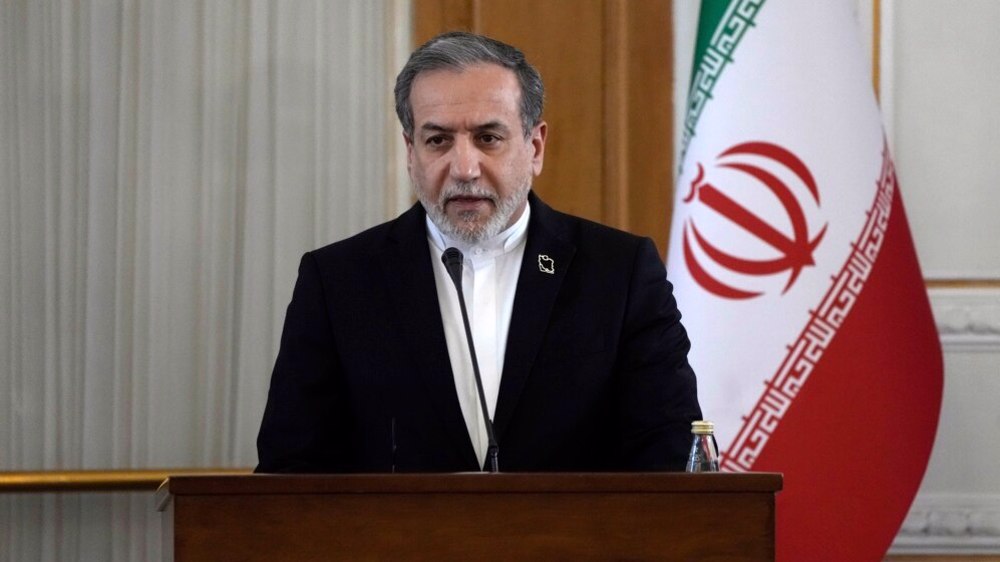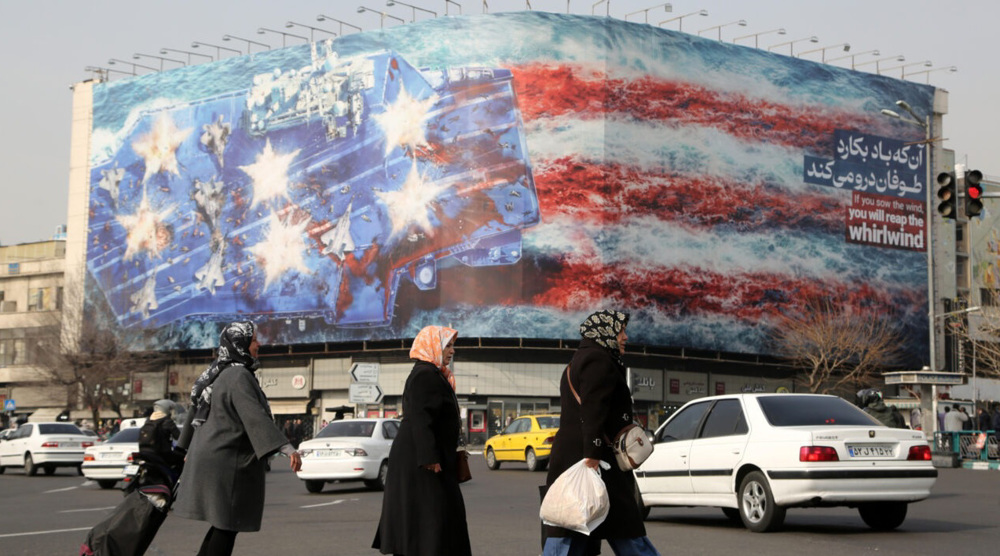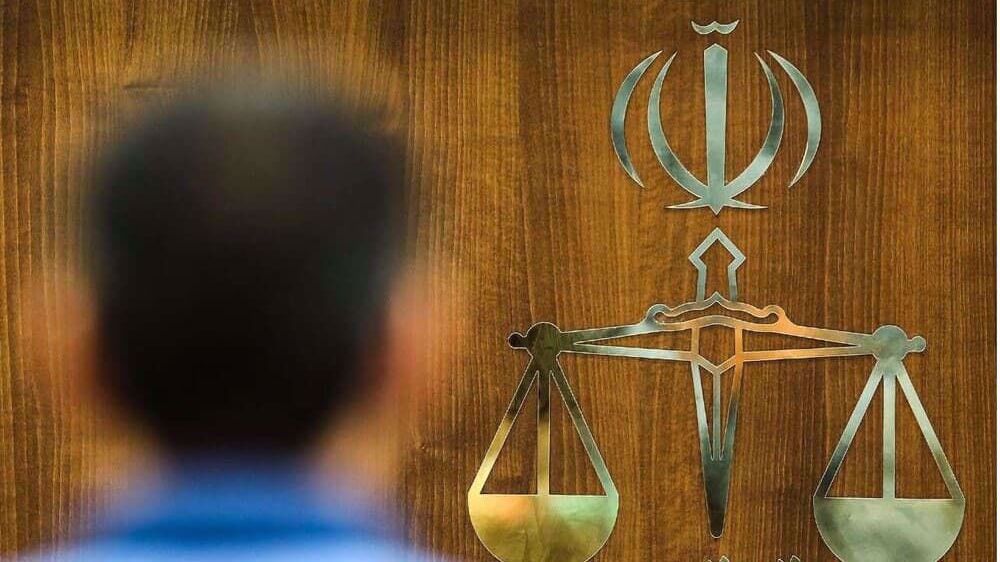Iran: Saudi wants to send ‘terrorists’ to Syria talks
Iran says it strongly opposes Saudi Arabia’s efforts to send "terrorists in a new mask" to talks between the Syrian government and the opposition.
The kingdom brought together a number of militant groups in Riyadh Wednesday to decide whether to attend UN peace talks due in Geneva on Friday. They failed to reach a final decision, postponing it until Thursday.
Iran’s Deputy Foreign Minister Hossein Amir-Abdollahian said on Thursday Saudi Arabia is trying to raise its influence at the Geneva talks by including "terrorists" in the opposition lists.
"Terrorists with a new mask should not sit down at a negotiating table with the representatives of the Syrian authorities," he told a news conference during a visit to Moscow.
"This is the most important condition," Amir-Abdollahian said, calling on Saudi Arabia to stop stoking tension in the Middle East.
"We believe that Saudi Arabia's insistence on including recognizable terrorists ... in one list or another, is certainly not a constructive action on its part," he added.
Amir-Abdollahian and his Russian counterpart Mikhail Bogdanov said after a meeting on Wednesday that the two countries shared a common view on the settlement of the regional crises.
"Moscow and Tehran have common position on the regulation of the Middle East problems; we also have the same position on Syria," Amir-Abdollahian told reporters after the meeting.
Bogdanov serves as Russian President Vladimir Putin’s special envoy for the Middle East and Africa. Amir-Abdollahian arrived in Moscow on Wednesday for consultations with Russian officials on regional issues.
The senior diplomats stressed the need for finding a political solution to the conflict in Syria in keeping with UN Security Council Resolution 2254.
Amir-Abdollahian said Tehran supports the efforts of UN special envoy Staffan de Mistura to ensure dialog with Syria.
A UN resolution, adopted on December 18, 2015, calls for a nationwide ceasefire in Syria and the formation of a “credible, inclusive and non-sectarian” government within six months and UN-supervised “free and fair elections” within 18 months.
The talks on a ceasefire in Syria were supposed to start on Monday, but they have been put off until Friday due to disagreements over who should sit at the negotiating table.
In their meeting, Amir-Abdollahian and Bogdanov also discussed the situation in Lebanon, Yemen, and the Persian Gulf region.
VIDEO | Homes under occupation: When living rooms become military posts
War could reach your own doorsteps: Iraqi anti-terror group warns Iran’s enemies
IRGC: Iran holds upper hand in determining any war’s endgame
'Fingers on trigger': Iran warns of strong response while signaling openness to 'fair' deal
Iran’s power makes any hostile military action 'high-risk': IRGC deputy cmdr.
India's PM Modi pays tribute to veteran politician killed in plane crash
Slovak PM describes Trump’s state of mind as 'dangerous' to EU leaders
Yemen’s Ansarullah warns US of aircraft carrier deployment in Red Sea
















 This makes it easy to access the Press TV website
This makes it easy to access the Press TV website